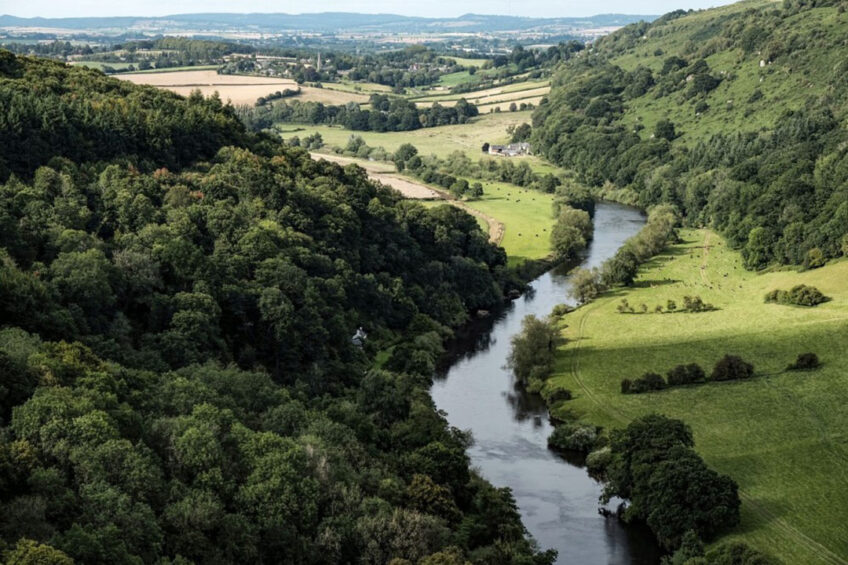Review into potential human health impacts of intensive poultry farming

Concerns about the health impacts of intensive poultry farming have prompted one English local authority to carry out a review.
Herefordshire County Council is asking residents who believe that their health and well-being have been directly affected by intensive poultry farming to share their experience and evidence.
- Review published literature to assess the strength of existing scientific evidence, the potential health and well-being impact identified by this evidence, and where such impacts might occur.
- Examine whether health data held by or available to the council and key partners is sufficient to allow for analysis and identification of potential impacts in the county.
- Better understand what work is taking place nationally, or is planned, to gather data and examine health and well-being impacts.
The relevant health functions of the council and how these could be utilised to address health impacts will also be considered, alongside the roles of other agencies, so that it is satisfied that this is being done.
Avara Foods processing plant in Hereford
The announcement comes just a few months after leading broiler company, Avara Foods, which has a processing plant in the centre of Hereford, committed to removing the phosphate from poultry manure spread on local farmland by investing in interventions such as chemical phosphate stripping technology and pyrolysis plants.
In its Responsible Business Report unveiled at the end of 2021, Avara said it had been working to better understand the impact of its farming practices on phosphorus pollution in local river systems.
“In the River Wye catchment area, we’re working closely with stakeholders, including local authorities and environmental groups to manage our impact and have been undertaking our own scientific investigations to evaluate how we can reduce this even further.
“We’ve already reduced phosphate levels in our feed and we’re confident solutions can be found to improve the health of the River Wye, but they’ll be collaborative efforts encompassing the poultry industry, farmers, councils, regulators, and waterways management.”
Intensive poultry production across the River Wye
In February, pressure group, River Action, launched its plan to save River Wye, claiming its very recent rapid ecological collapse and its tributaries have been widely linked to the rapid growth in the intensive poultry industry across the river catchment.
It estimated that in the last 5 years the number of chickens being reared in intensive livestock production in the River Wye catchment had doubled to more than 20 million birds.
Chicken manure causing unacceptable phosphate
According to evidence submitted to the House of Commons Environmental Audit Committee by Lancaster University, this has resulted in River Wye’s soil now carrying an unacceptable surplus 60% higher than the national average phosphate (P) levels. The prime cause was cited to be chicken manure being spread on farmlands.
River Action wants to see a planning moratorium on the construction of new intensive livestock production units, a requirement for all Intensive Poultry Units (IPUs) within the River Wye catchment to have approved by the end of 2022 a Manure Management Plan (MMP) and a requirement for all free-range egg-producing IPUs to have a Nutrient Runoff Mitigation Plan by the end of this year.
Other demands include a requirement for all watercourses within the River Wye catchment to be protected by continuous river buffers of a minimum of 10 metres and a reduction in the ‘number of bird’ thresholds for IPUs coming within the permitting jurisdictions of the Environment Agency and, across the border, Natural Resources Wales.
Members of the public have until 25 March to provide evidence that their health and well-being has been affected by intensive poultry production.
Join 31,000+ subscribers
Subscribe to our newsletter to stay updated about all the need-to-know content in the poultry sector, three times a week. Beheer
Beheer











 WP Admin
WP Admin  Bewerk bericht
Bewerk bericht